
Medical bullying: a silent epidemic?
Bullying in medicine is a pervasive issue that has far-reaching consequences for healthcare trainees and professionals and, ultimately, patient care.

Bullying in medicine is a pervasive issue that has far-reaching consequences for healthcare trainees and professionals and, ultimately, patient care.

How an obsession with success can lead to physician burnout; and strategies for mitigation

Why do we need laws? After all, hospitals and healthcare businesses know all about the corporate risks of overwork! We argue that without legislation to force safety, nothing will change because little, if anything, has changed to protect healthcare staff from overwork.

I have so many regrets about my medical career that I don’t even know where to begin. And I am not alone. We all make mistakes, give suboptimal service, have off days, or (most often, in my experience), nature wins. The cancer progresses. The psychosis relapses. The diabetes complicates. So am I going to wallow in them and feel sorry for myself? Or is there another way of dealing with regrets in my career as a doctor?
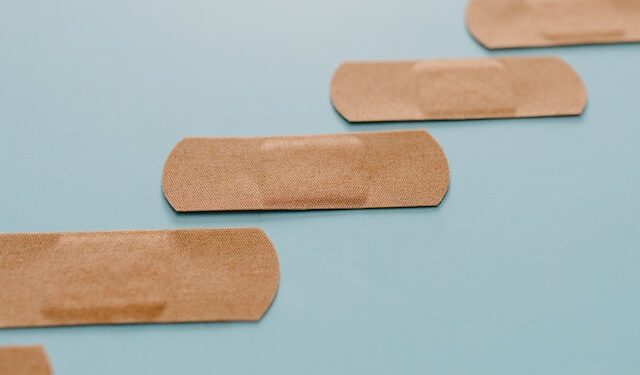
For so many reasons the term “disruptive doctor” is unhelpful at best, cruel and discriminatory at worst. As a label it has been used and misused. Very few physicians start out disruptive. The reality is that disruptive behavior in physicians is often a symptom of a larger systemic problem. It may be related to stress, burnout, mental health issues, addiction, and more.

Medical malpractice litigation is a complex and distressing reality for physicians, with potential far-reaching consequences for their mental health and overall well-being.

This article explores why residents are at even higher risk of burnout and mental health deterioration than the average physician population. We then look at the evidence base for resident burnout prevention programs and consider why postgraduate education providers should seriously consider investing in these. Mindfulness and Coaching programs are examined as having the most evidence-base.

Medical residents’ mental health deteriorates during their training, but there are solutions to this resident burnout epidemic.
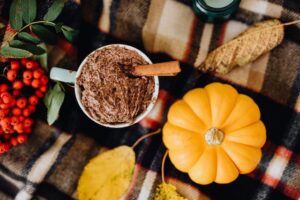
At a recent Physicians Anonymous meeting, we discussed an article on random acts of kindness. Researchers gave 84 random people in a wintry Chicago park free hot chocolates. They were then given the choice to gift it to another or keep it for themselves. Guess what happened?

I recently decided I was going to leave my role as an Emergency Medicine (ER) doctor in the UK National Health Service (NHS). As service after service reaches its full capacity and beyond, the people who rely on these services do not know where to go for the help they need. All of these factors led me do decide that I no longer wanted to commit my daily energies to a system that was causing me to burn out.
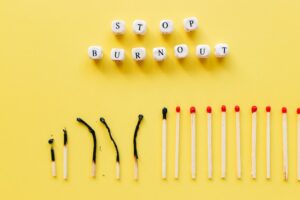
A Physician’s Anonymous coach shares 7 days of their physician’s burnout diary, moving from resistance to connection and finding self.
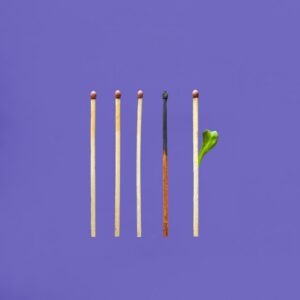
If there was one thing that helped me deal with my own burnout, it was hearing another General Practitioner (GP) stand up in front of a lecture theatre of 200 people and say that they had been burned out too.

The life of a physician is one of the most stressful professions. In this article, I’ll discuss the trauma of medicine and what can be done about it.
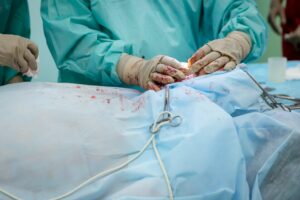
“Welcome to the Trauma Surgery Unit” said Prof. “As it’s New Year’s Day we’re expecting a quiet one.” Prof’s sense of irony (i.e. sarcasm) was legendary. That night (first shift) a young man came in. “Stabbed chest. Resus!” came over the PA system, and everyone moved.

You should know: shame is a very, very bad master. And shame does not deserve your respect, because shame is a liar. Shame is also a huge problem in medicine.

In Part 1, we made the case that a career in modern medicine meets the diagnostic criteria for addiction. Medicine can be unhealthy, yet we carry on or feel unable to make healthy changes. In Part 2, we explore how to get sober if you’re addicted to medicine.
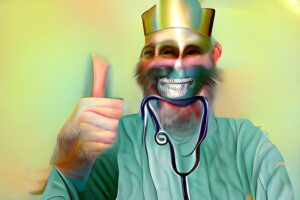
Are physicians addicted to medicine? in this article I will argue that medicine can be so intoxicating, even if it’s bad for us, that doctors can become addicted to it. Before too long, a medical life becomes a way of life until we don’t know any different.
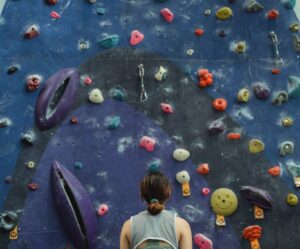
“For the first time in ages, I didn’t feel alone anymore that night. Despite the craziness that had happened in the days prior, I felt calm.
In this, our second Guest Physician blog by Dr Henry Harris, surgeon, alcoholic in recovery, and proudly Approved Physicians Anonymous Mentor, Dr Harris shares his experience of rehab as an alcoholic physician.

In the months before my rock bottom, it felt like there wasn’t a soul around for me to explain how I was feeling.
I had alienated almost all people from my life.
Me slowing dying and I was forgotten in triage.

In this article, we examine the evidence base for physician coaching and wellbeing, how to find a good coach, and how to tell if they’re right for you. We also note a caveat around the need for systemic change – a white coat revolution if you will – to address the underlying toxicity of modern medicine causing so much physician distress, burnout, and moral injury.

As a psychiatrist, it took me only a few years in practice to realise that everyone needs a therapist (at least once in their lives). Doctors, nurses, and all healthcare practitioners (HCPs) are no different.